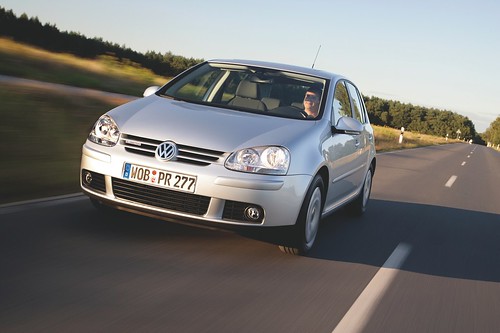![2010 BMW 5 Series Touring [F11]](http://farm5.staticflickr.com/4105/5085955574_1c242e285b_m.jpg) I blame Mission Impossible: Ghost Protocolfor having me pointlessly looking at cars again. The two hour advert for BMW got me thinking about what happens when we outgrow our current tourer (which can already barely cope with the amount of stuff we need for longer family trips).
I blame Mission Impossible: Ghost Protocolfor having me pointlessly looking at cars again. The two hour advert for BMW got me thinking about what happens when we outgrow our current tourer (which can already barely cope with the amount of stuff we need for longer family trips).
So of course, I pointlessly configured a 5 series on the BMW website. And it came out at a ludicrous, ludicrous sum of money. On looking at the second hand options, a 3 year old equivalent is going for 25% of the cost. I don’t know why I allow myself to be stunned by the depreciation on cars, but it never fails to cause my jaw to drop.
This of course sparked me into looking into how much my car has depreciated since we bought it – and according to my Parkers iPhone app, we’ve lost about 45% of the value of the car in the year and a half that we’ve had it. So on track to lose 75% in three years. Other than initial capital outlay and absolute losses, the proportional depreciation of a new and second hand car may be more similar than I realised.
Of course, there are other factors coming in to play right now – like the fact the economy is in tatters, and replacement cars might not be the top priority on any/everyone’s shopping list… but still, somewhat surprised, as had always believed that new cars lost their value substantially more quickly than used cars. Of course, this is a one-off observation rather than an absolute trend… What’s the received wisdom here?
Sidebar: I’m not actually planning on upgrading anytime soon. In 2016, I may consider a 2013 model for an upgrade!

